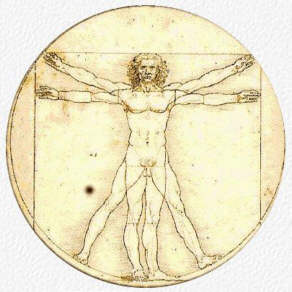
ProMann |
Prostatakrebs-Selbsthilfegruppe Hamburg |
Casodex 150
Papiere zum Einsatz des Anti-Androgens Casodex, insbesondere 150mg
Das Bundesinstitut für Arzneimittel und Medizinprodukte (BfArM)
hat als zuständige Behörde
ABER:
Auch 20 Jahre nach den ersten Papieren zu Bicalutamid ist NICHT KLAR,
wie dieses Medikament eigentlich wirkt - und auch NICHT KLAR,
wie es zu dem Umschlagen der Wirkung kommt, von einem AR-Antagonist zu einem AR-Agonist.
Aus der
EPC-Studie,
der derzeit grössten Prostatakrebs-Studie, Wirth, 2007:
no
significant difference in overall survival
(27.7% vs 30.8%)."
Freitag, 21. September 2007 Casodex150 mg (Wirkstoff: Bicalutamid)
die Zulassung zur Behandlung von
Patienten mit lokal fortgeschrittenem Prostatakrebs und hohem
Progressionsrisiko - entweder als alleinige Therapie oder adjuvant nach radikaler
Prostatektomie oder Strahlentherapie - in Deutschland erteilt.
Der Entscheidung ging eine Revision durch die europäische Zulassungsbehörde EMEA voraus.
Ab dem 15. Oktober 2007 können Bicalutamid (Casodex)
150-mg-Filmtabletten zur Monotherapie des lokal fortgeschrittenen
Prostatakarzinoms verordnet werden.
S. dazu dieses kürzlich veröffentlichte Papier:
Hodgson et al., Septb.2007:
Activity of androgen receptor antagonist bicalutamide in
prostate cancer cells is independent of NCoR and SMRT
corepressors.
"At 7 years median follow-up, the addition of bicalutamide 150mg
significantly improved PFS [objective disease progression] in patients
with locally advanced disease, reducing the risk of disease progression by 34% (p<0.001) and
the risk of PSA progression by 55% (p<0.001).
However, there was
Wirth et al., 2007:
Bicalutamide (CASODEX) 150mg plus standard care
in early non-metastatic prostate cancer:
results from Early Prostate Cancer Trial 24 at a median of 7 years follow-up.